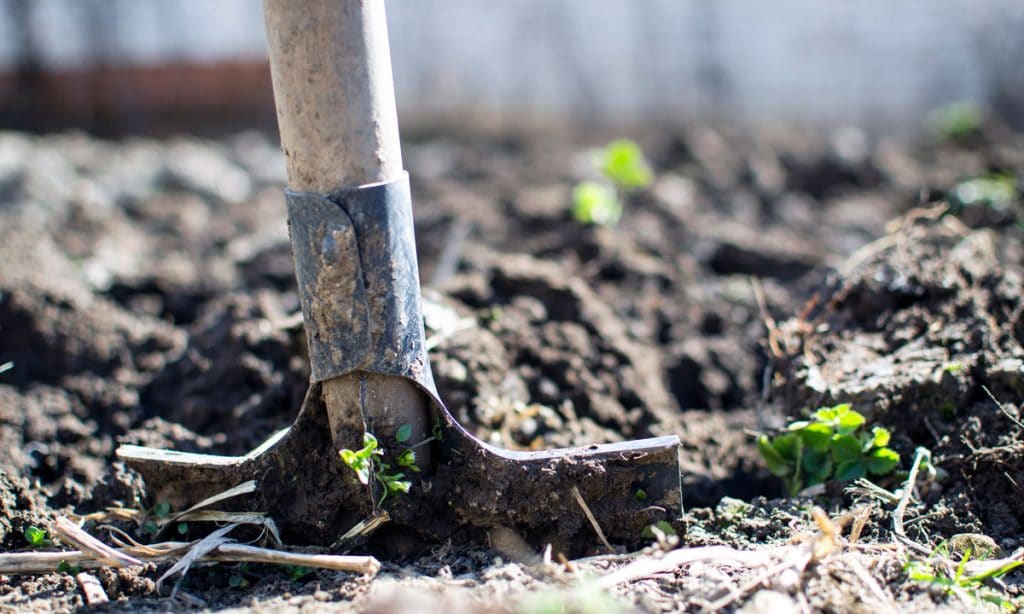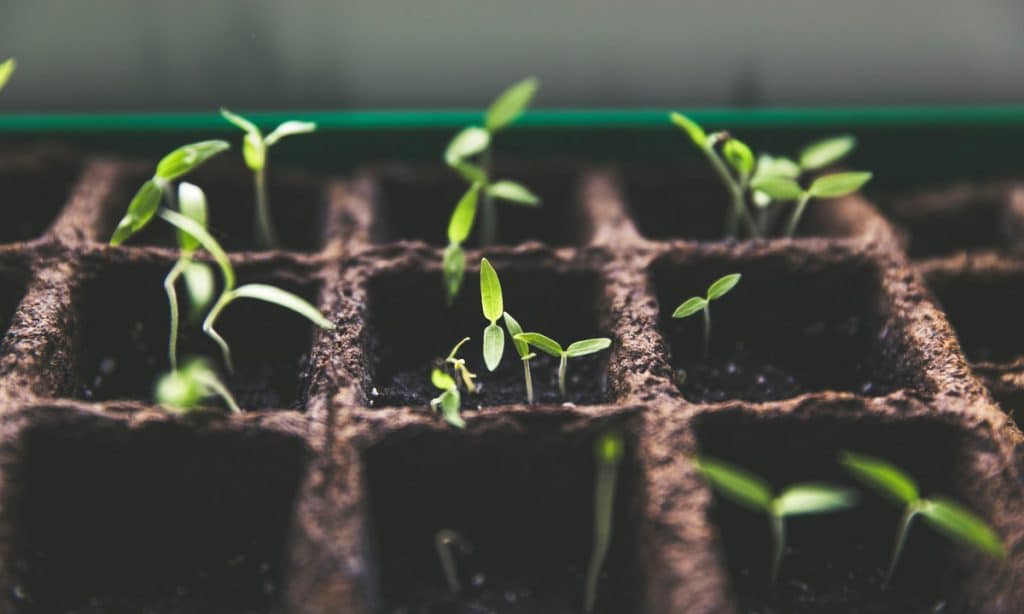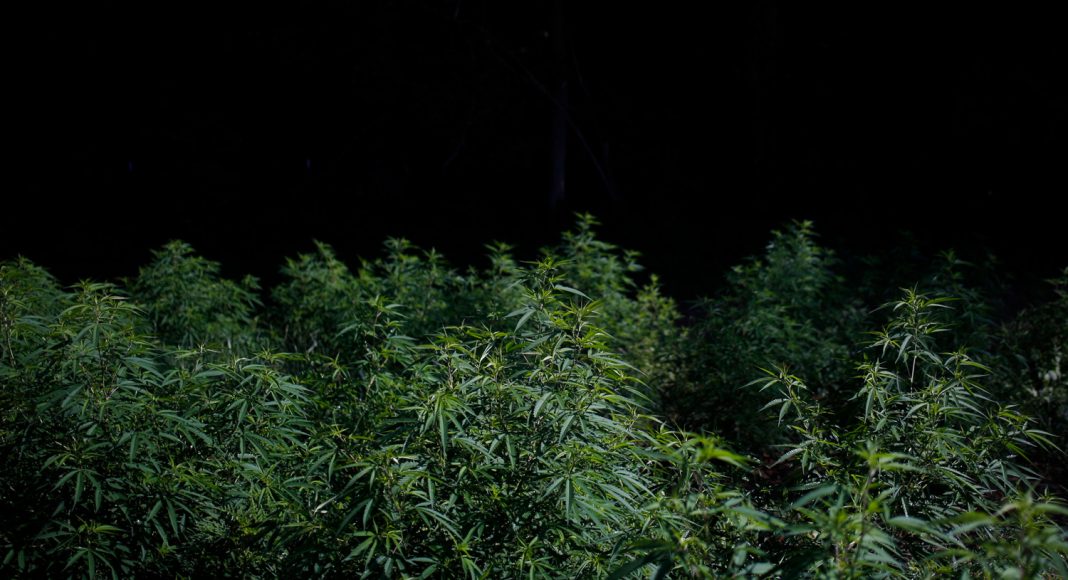Before anyone goes spending their hard-earned money or retirement savings on supplies to kickstart their hemp garden, there are a few things everyone should know.
It is true that industrial hemp is now legal at the federal level for the first time in more than eight decades. Last year, Republican Senate Majority Leader Mitch McConnell made it his mission to pull what Popular Mechanics called a “billion-dollar cash crop” back in 1938 out of the pits of prohibition.
The 2018 Farm Bill, which was signed into law by President Donald Trump, included a provision that eliminates industrial hemp from the confines of the Controlled Substances Act and allows farmers to produce the crop in a manner similar to corn and soybeans.
But ever since this law was slapped on the books, we have heard countless reports of people interested in growing hemp at home. Some are even attending “hemp meetings,” where they are being told by program administrators that they will soon have the freedom to cultivate this crop outside just as they might a row of tomato plants. There are even folks ready to drop thousands of dollars on building a grow room in their residence to facilitate their dream of growing hemp. But before anyone goes spending their hard-earned money or retirement savings on supplies to kickstart their hemp garden, there are a few things everyone should know.

The first tidbit of information that prospective home hemp growers might be interested in is the fact that personal hemp cultivation is not legal in most states. The 2018 Farm Bill did legalize hemp production nationwide, although states must first pass their own hemp laws, but nothing written in the language of the federal law gives everyday people the right to grow hemp. The bill was passed specifically to provide the agricultural community an additional cash crop to add to their plow and pick repertoire, and it can also be grown for research purposes. But before farmers or scientists can put a single seed in the ground, they must first be issued a license by their respective state department of agriculture. This process can take months before they are given the green light.
RELATED: Which Is Better, Indoor Or Outdoor Weed?
Applicants must also submit to a background check. Right now, farmers need to show a record free of criminal offenses (none drug-related) before they can even be considered for a license to grow hemp. The law also comes with minimum requirements on square footage and acreage. Farmers will need to show that they are planning to grow acres of hemp before a license can be procured. Applicants must also submit the GPS coordinates of their hemp fields to the Feds. Rest assured, Uncle Sam and all of his cronies are going to watch hemp production like a hawk.
But Joe Schmo down the street cannot apply for a license in order to grow hemp in his backyard.

The only exception is if a person lives in a legal marijuana state where home cultivation is built into the law. For example: Since Colorado allows adults 21 and over to grow the cannabis plant at home for personal use, someone could technically put some hemp in the ground without putting themselves at risk of legal woes. But it would be necessary to grow this crop according to the rules associated with home cultivation. Honestly, considering that most states only allow individuals to put around 3-6 cannabis plants in the ground at a time, growing hemp would be pretty useless in the grand scheme of things. No one is going to produce enough useful fiber with just a few hemp plants. However, a small hemp crop could produce high quality CBD extracts.
RELATED: So, You Want To Learn How To Grow Marijuana Outdoors
But if someone from Indiana (or any other prohibition state) plants a hemp garden, they can still get into a lot of trouble. Even though the state has passed a law allowing industrial hemp production and CBD sales (manufactured with hemp) none of these statutes allow residents to grow hemp the same as tomatoes. Doing so would be considered illegal cultivation of the cannabis plant (a Schedule I drug), which, depending on the weight, could bring about felony charges complete with a prison term and hefty fines. In other words, no, you cannot start a home hemp garden.


